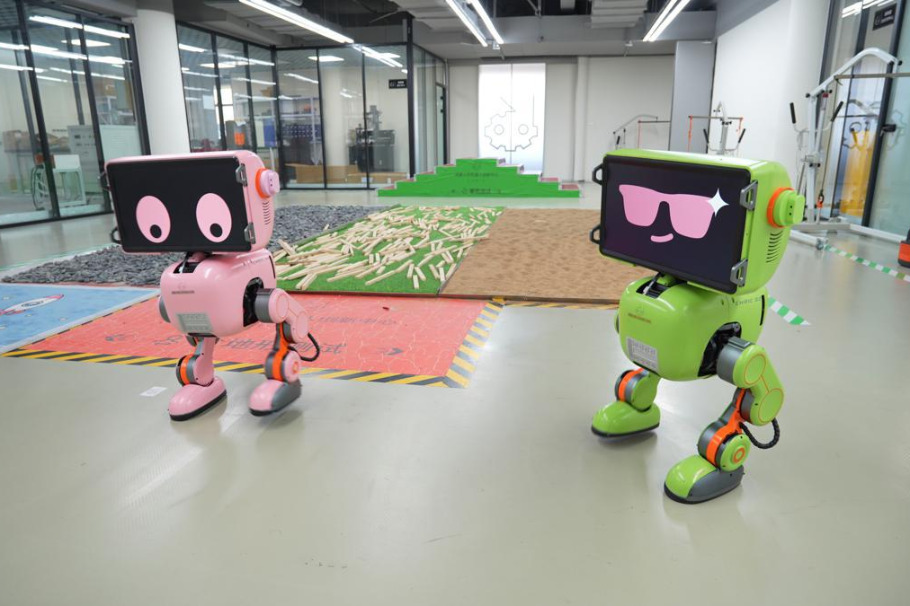Beijing uses high-tech to monitor air, water, earth

Beijing has ramped up its technological innovation to safeguard its ecological environment, a senior official from the Beijing Municipal Ecology and Environment Bureau announced on Thursday.
Li Li'na, director of the technology and international cooperation section under the bureau, stated that "the city has taken the lead in China to innovate a comprehensive source analysis method of the particulate matter 2.5 or PM2.5 — airborne particles that are 2.5 micrometers in diameter or smaller and are harmful to health — providing quantitative analysis of the sources and regional impacts of PM2.5 in Beijing, accurately identifying pollution sources and causes".
The bureau reported that the annual average density of PM2.5 has fallen by 65.9 percent, from 89.5 micrograms per cubic meter in 2013 to 30.5 currently.
Additional efforts include a comprehensive monitoring system that employs intelligent perception, recognition, analysis, and command decision-making technologies for local water, earth and air quality. Beijing has also implemented the country's first heavy truck emission tracking system, according to Li.
Shen Xiu'e, director of the Beijing Municipal Ecological and Environmental Monitoring Center, added that the city has established over 200,000 smart technology spots and utilized more than 20 algorithms to track the quality of the air, water and earth.
In a novel approach to water quality monitoring, the Beijing Municipal Research Institute of Eco-environmental Protection has developed a "fish face recognition" system. Xia Tianxiang, the institute's director, explained that "supported by 5G transmission and AI technologies, the system can master the water quality by tracing the variety and diversity of the fish". He noted the system is currently in use on the Yongding, Chaobai and Daqing rivers in Beijing.
Looking ahead, Beijing plans to intensify its research on technologies to bolster environmental protection and upgrades. Li outlined key areas of focus: "investigating the migration and transformation mechanisms of nitrate in atmospheric particulate matter; conducting in-depth research on the refined long-term forecasting and prediction of air quality; advancing technological breakthroughs; supporting collaborative actions, and the practical implementation of transition measures".
Specifically targeting the coordinated control of PM2.5 and ozone, initiatives are underway to develop low-cost, high-efficiency technological solutions for daily life emissions. The city is committed to deepening its efforts in building a digital intelligent governance model system to support the management of megacities, leveraging big data and AI for issues such as insufficient integration of monitoring data for motor vehicles. Li also mentioned that a comprehensive monitoring network for vehicle emissions is in the works.




































